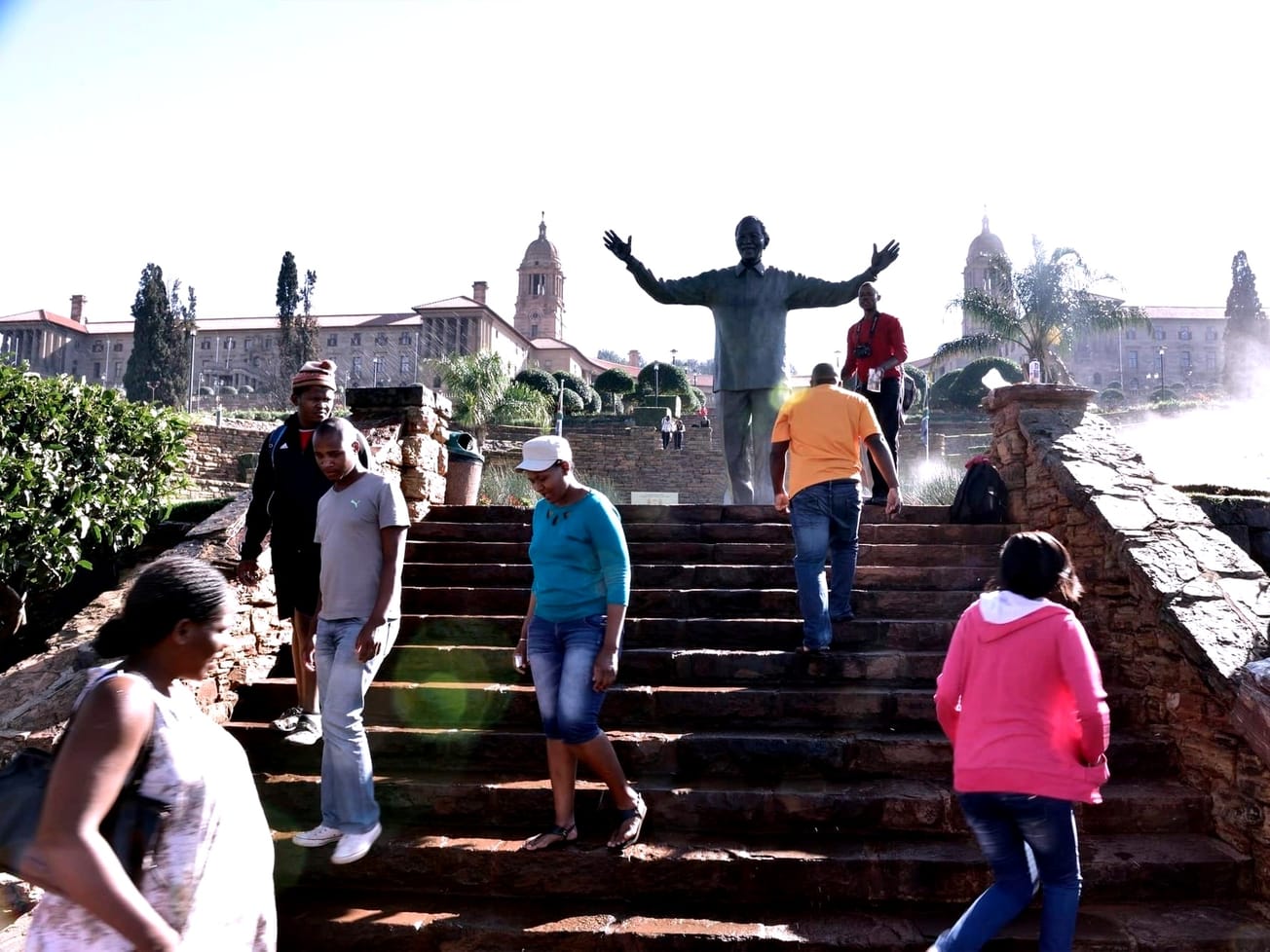GENEVA (AN) — Among international organizations, the United Nations' new human rights chief and its seven-decades-old children's agency were the Twitterverse's undisputed champions.
Michelle Bachelet (@mbachelet), Chile’s former president who took over the Office of the United Nations High Commissioner for Human Rights, or OHCHR, at the start of September, earned an average 6,000 retweets and likes per post, the global PR firm Burson Cohn & Wolfe said in its Twiplomacy study (@Twiplomacy) on the intersection of diplomacy and social media.








